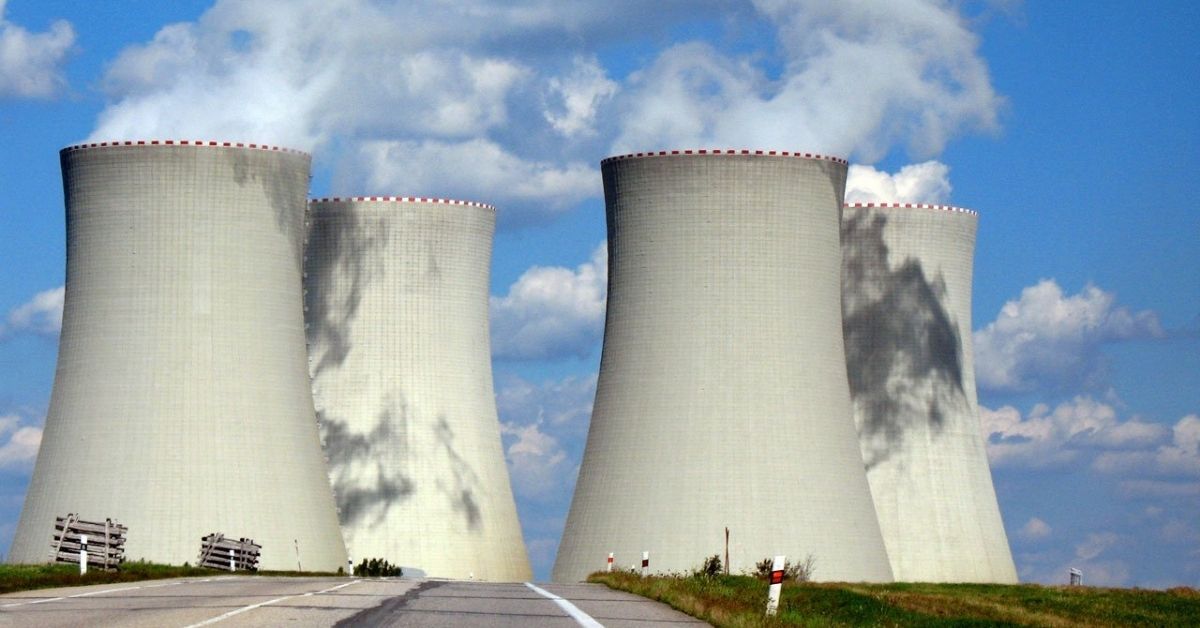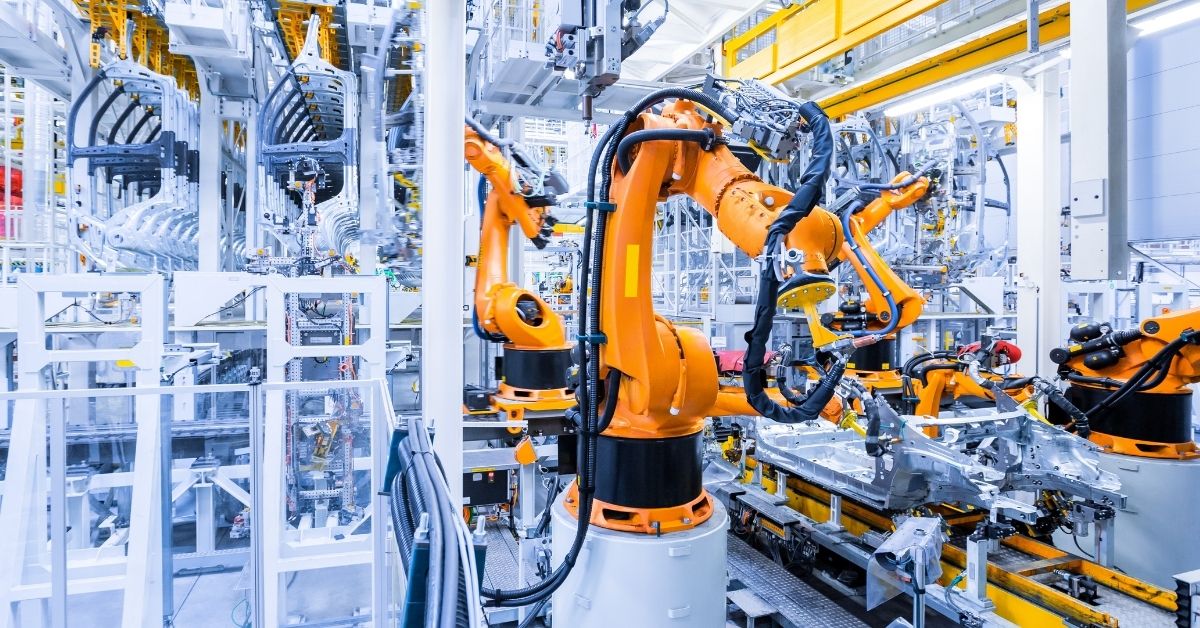Nuclear Engineering Jobs Demand Skills and Experience
Nuclear engineering is one of the branches of science that has developed a lot during the last century and a half. It has emerged as one of the important branches of engineering with many contributions made in different fields like clean energy, clean water, sustainable energy, weapons and energy, and much more. This engineering branch is very famous for its role in solving many of the energy issues. Nuclear engineering was first introduced back in the year 1938 with the hope of producing efficient energy through the process of nuclear fission. Later on, the hopes and efforts were realized and it started to fulfill different requirements that were needed in various fields.
The nuclear engineering branch uses different techniques and tools in order to make the nuclear chain reaction as efficient as possible. Basically, nuclear energy is derived from two different sources – the nuclear fission of hydrogen and the fusion of deuterium, i.e. hydrogen isotopes. Nuclei become a part of a chain due to a variety of reasons e.g. when an atom or nucleus comes in contact with an atom with a high atomic number, the nucleus splits into two copies, one possessing a positive charge and one with a negative one.
Nuclear energy is also created by colliding nuclei causing them to release energy in the form of radiation. This process of creating a nuclear chain reaction is one of the most common techniques used in nuclear engineering. Different techniques used in this engineering branch include nuclear chain reaction research, nuclear fuel fabrication, nuclear energy production, nuclear diagnostic devices, nuclear construction, and nuclear power.
The nuclear engineering branch uses various techniques that involve the use of nuclear material to produce desired results. One such technique is the fusion of various isotopes resulting in the production of a more stable one. An example of this is that when iodine is mixed with bromine, a fission chain reaction occurs and becomes the world’s first functional fission power plant. A variety of methods are available to fabricate this power plant using different techniques. These different methods include fast boron tritium fusion, gas metal arc welding, and directed fission therapy.
Nuclear engineers are usually involved in the design and operation of various nuclear facilities. For example, a nuclear engineer is in charge of the design and operation of a nuclear power plant. Nuclear engineering jobs involve the manufacturing and operating of the various components associated with a nuclear facility. A good nuclear engineer must be capable of designing and implementing solutions to prevent accidents and to minimize the risks of damage to the public and to the environment.
Nuclear engineering jobs require that the individual possess excellent knowledge of safety standards and guidelines as well as of nuclear technology. The role of the engineer is therefore very important and he/she must be competent in decision making. Nuclear engineers are usually involved in the design of safety codes and other related programs. They are also responsible for the implementation of the plans designed by safety programs.
Nuclear engineer plays a key role in the safety of nuclear power plants, nuclear manufacturing industries, and nuclear energy production. In order to achieve the desired safety levels and to ensure safety at all times, it is important for the engineer to be a qualified professional with expertise in a wide variety of subject matters.
It is important for the engineer to understand the safe handling of all nuclear materials and products, as well as the safe storage of these products and materials. This includes the safe storage of inventory, control, and shipment of inventory and products. A qualified nuclear engineer should have an excellent understanding of the safety regulations pertaining to the handling and production of nuclear materials.
He/she should also have knowledge about radiation, fission and fusion, inventory management safety systems, and protection of personnel from radiation. Nuclear engineers may also be required to evaluate or implement environmental compliance and regulatory programs in various countries.
Nuclear engineering jobs demand the expertise of the engineer in areas such as solid and nuclear construction. In addition, there are positions available to support engineer’s work, such as quality assurance and system engineering. Safety is of prime importance for nuclear engineers, therefore the need for high-quality safety equipment and devices is vital.
Radiation health and protection are essential to the success and efficiency of the nuclear industry. Radiation safety standards and implementations are being progressively improved to prevent nuclear accidents and protect the general public from radiation.




